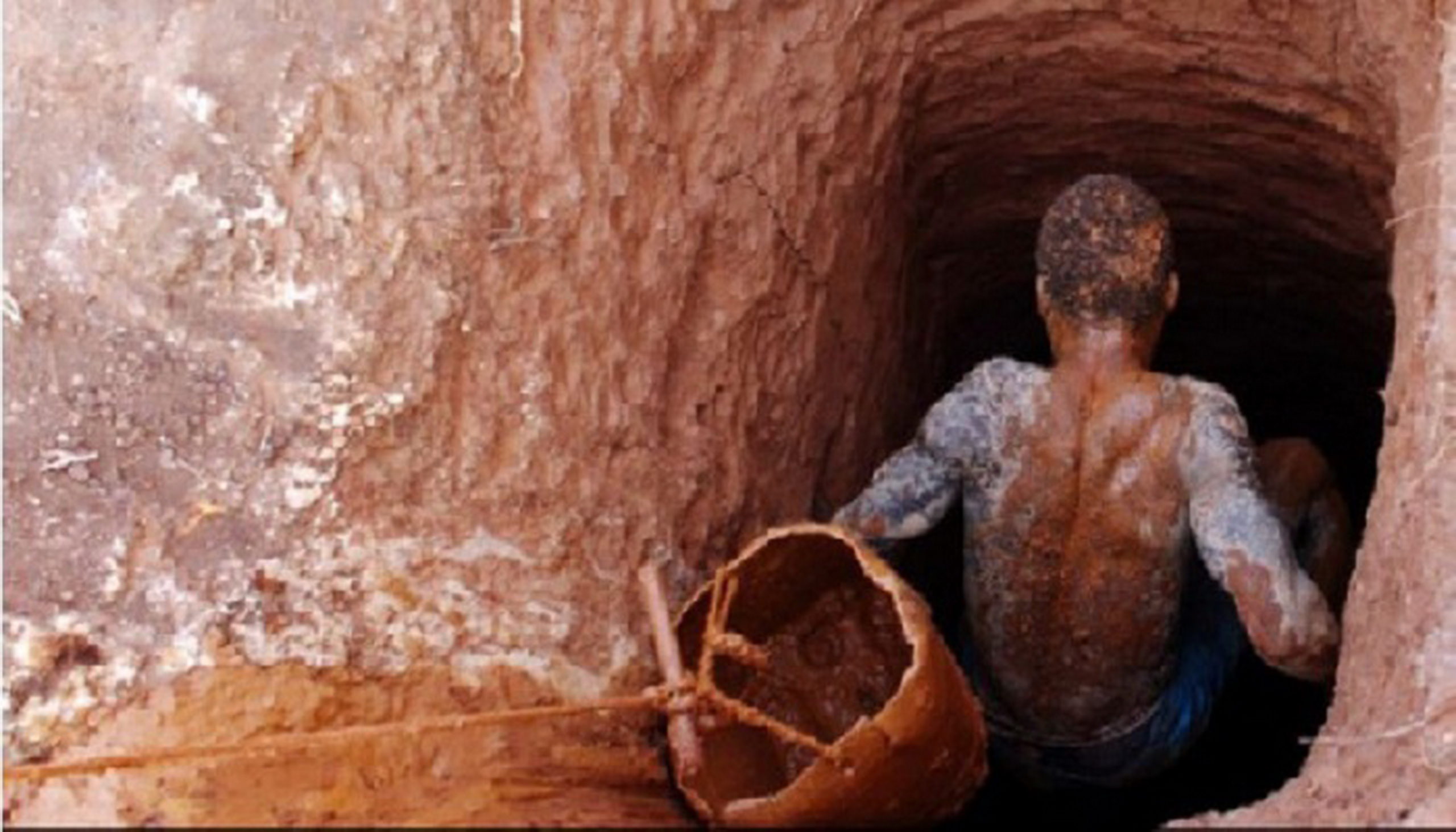
Galamsey and Deforestation: How Illegal Mining is Fueling Forest Loss in Ghana
Explore the connection between galamsey and deforestation in Ghana. Learn how illegal mining leads to the destruction of forests, threatens biodiversity, and disrupts ecosystems.
Highlights:
- Forest Loss: Understand how galamsey contributes to widespread deforestation in Ghana.
- Biodiversity Threats: Learn about the effects of forest loss on ecosystems and species.
- Environmental Impact: Explore the long-term environmental consequences of deforestation caused by illegal mining.
Galamsey and Deforestation: How
Illegal Mining is Fueling Forest Loss in Ghana
Introduction
In Ghana, galamsey, or illegal small-scale mining, has had a profound
impact on the environment. One of the most devastating consequences is
deforestation, as illegal miners clear vast areas of forest to access gold
deposits. This unchecked forest destruction threatens biodiversity, disrupts
ecosystems, and contributes to climate change. In this expository essay, we
will explore the link between galamsey and deforestation, examining the causes,
effects, and efforts to mitigate this growing environmental crisis.
The Link Between Galamsey and Deforestation
Galamsey operations are largely unregulated, allowing miners to engage in
destructive practices without concern for environmental protection. Forests are
prime targets for illegal miners, as many of Ghana’s gold deposits lie beneath
forested land. To extract the minerals, illegal miners clear large areas of
forest, leaving behind barren landscapes.
- Forest Clearing for Mining: Miners often use rudimentary
techniques to clear forests, including burning trees and vegetation or
cutting them down with little regard for land reclamation. This
destruction is often swift and leaves the land scarred, with little chance
of natural regrowth.
- Unregulated Expansion: Due to the unregulated nature of
galamsey, there is no system in place to limit the scale or pace of forest
clearing. Miners frequently move from one area to another, leaving a trail
of deforested land in their wake.
Effects of Deforestation Caused by Galamsey
The deforestation caused by galamsey has far-reaching environmental
effects, impacting biodiversity, ecosystem stability, and the global climate.
- Biodiversity Loss: Forests are home to countless
species of plants, animals, and insects. The clearing of forested land for
illegal mining destroys these habitats, displacing wildlife and
endangering species that rely on forest ecosystems to survive. In Ghana,
this biodiversity loss threatens endemic species and contributes to the
extinction of already vulnerable species.
- Ecosystem Disruption: Deforestation caused by galamsey
disrupts the delicate balance of ecosystems. As trees and vegetation are
removed, the soil becomes more prone to erosion, and water bodies are
polluted by runoff from mining activities. This disruption affects not
only the wildlife but also human communities that depend on these
ecosystems for agriculture, clean water, and food.
- Climate Change Contribution: Forests play a crucial role in
absorbing carbon dioxide from the atmosphere. The destruction of forests
by galamsey reduces the planet’s ability to mitigate the effects of
climate change, as the loss of trees means more carbon is released into
the atmosphere, contributing to global warming.
Long-Term Environmental Consequences
The long-term effects of deforestation caused by galamsey are difficult
to reverse. Once forests are destroyed, the land often remains barren, and
reforestation efforts are slow and costly. The destruction of soil structure
due to mining activities further hinders the regrowth of vegetation, turning
fertile land into unproductive wasteland.
- Soil Erosion and Desertification: Without trees to anchor the
soil, deforested areas are prone to erosion. In the long term, this can
lead to desertification, where land becomes so degraded that it can no
longer support plant life. This not only diminishes agricultural potential
but also exacerbates food insecurity in regions affected by galamsey.
- Water Cycle Disruption: Forests play a key role in
regulating the water cycle by absorbing rainwater and replenishing
groundwater sources. The loss of trees through deforestation leads to
changes in rainfall patterns and increases the risk of flooding and
droughts. As water bodies are polluted by mining runoff, the surrounding
ecosystems are further destabilized.
Government and Community Efforts to Address the Issue
Recognizing the severe consequences of galamsey on deforestation, the
Ghanaian government has taken steps to address the issue. Various initiatives
have been introduced to curb illegal mining and promote sustainable mining
practices.
- Law Enforcement and Reforestation
Initiatives: Task forces have been deployed to arrest illegal miners and shut
down galamsey operations. At the same time, the government has initiated
reforestation projects aimed at restoring degraded forests. These efforts
involve tree planting and land reclamation in areas hardest hit by illegal
mining.
- Community Involvement: Local communities and
environmental organizations have also become involved in efforts to
protect forests. Educational campaigns are underway to raise awareness of
the importance of forest conservation and encourage alternative
livelihoods for those involved in illegal mining.
Conclusion
Galamsey and deforestation are inextricably linked in Ghana, with illegal
mining contributing to widespread forest loss and environmental degradation.
The effects of deforestation caused by galamsey are severe, threatening
biodiversity, disrupting ecosystems, and contributing to climate change. While
efforts to combat illegal mining and restore forested areas are ongoing,
sustained action is needed to address the root causes of galamsey and prevent
further destruction of Ghana’s vital forest resources.
- Keywords: galamsey and deforestation,
illegal mining deforestation, forest loss Ghana, environmental impact
galamsey, illegal mining forest destruction, deforestation Ghana, galamsey
impact forests, deforestation effects Ghana.

